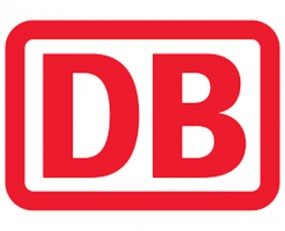
The headline number of €86bn is eye-catching but it is unclear what the latest investment plan for Deutsche Bahn will really deliver. On Tuesday (14/1), Richard Lutz, the CEO of Deutsche Bahn; Olof Schultz, Germany’s finance minister; and Andreas Scheuer, Germany’s transport minister had a ‘signing ceremony’ where they announced a deal to pump €62bn into the railway network, a sum which will be matched by Deutsche Bahn investing €24bn from its own funds. Mr Lutz described it as “the biggest growth, investment and modernisation offensive in the more than 180-year history of the railways”.
The money will be spent in great part on ‘permanent way’ infrastructure such as bridges, signalling systems and new track. Deutsche Bahn emphasised that €7bn would be spent on new signal boxes alone. The investment will be spread over the next ten years.
In reality much of this money was already committed last year. The event may owe more to public criticism of Deutsche Bahn’s performance and a German government that wishes to be seen spending on infrastructure, especially if that infrastructure can be seen as ‘Green’.
It is also unclear how this ‘new’ investment will affect Deutsche Bahn’s freight operations. The comments from the politicians around the announcement emphasised the impact on passenger services, which is hardly surprising. Passenger services on Deutsche Bahn have deteriorated in terms of reliability and there is pressure from voters. However, Deutsche Bahn’s cargo operations have also been experiencing some problems and in a world where new cargo flows from China are boosting demand for infrastructure, freight operations need substantial capital investment.
The problem is that although €86bn may appear to be a large number, but when put in the context of Deutsche Bahn’s existing debt-load of over €19bn it is not so much. As even the presentation from Mr Lutz and Mr Scheuer admitted, much of the money will be spent on long-term maintenance rather than creating new capabilities. Deutsche Bahn will remain under financial pressure and the prospect of selling all or part of Schenker has not gone away.
Source: Transport Intelligence, January 16, 2020
Author: Thomas Cullen